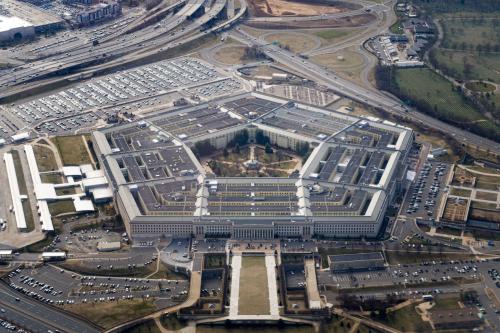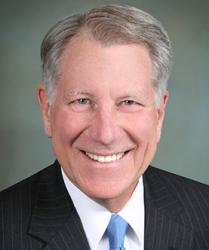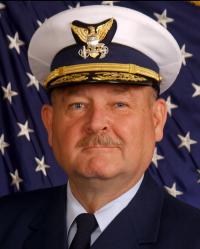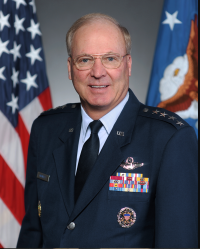

4:00 pm EDT - 5:15 pm EDT
Past Event
4:00 pm - 5:15 pm EDT
1775 Massachusetts Avenue N.W.
Washington, DC
20036
The January 6 insurrection at the U.S. Capitol was a head-on attack on U.S. democracy that exposed our system’s fragility and eroded the American public’s trust in our institutions. The assault left American democracy in a precarious state, but it also inspired an urgency to protect it from future exploitation. Few are better positioned or more seriously committed to safeguarding democracy than the men and women that served our nation in uniform and took an oath to support and defend the Constitution: military veterans.
On September 9, Brookings hosted a panel discussion on the role of this critical population, the national security implications of January 6, the future of American democracy, and the role of veterans and their families in promoting and protecting it on the home front.
Viewers submitted questions via e-mail to [email protected] or via Twitter at #WetheVeterans.
If you are attending in person, Brookings requires all staff and visitors to show proof that they are fully vaccinated against COVID-19 via vaccines approved by the FDA or WHO. After submitting your registration, please proceed to the provided link on the confirmation page to complete the registration process by verifying your vaccination information.
Moderator

Panelist





Michael E. O’Hanlon
September 12, 2024
2024
Online Only
3:00 pm - 4:00 pm EDT
2024
The Brookings Institution, Washington D.C.
3:00 pm - 4:00 pm EDT